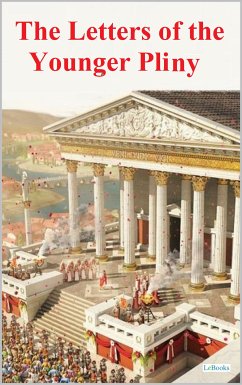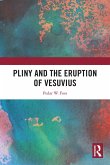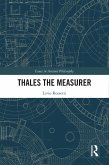The Letters of Pliny the Younger, also known as the Epistles of Pliny the Younger, have been studied for centuries, as they offer a unique and intimate glimpse into the daily life of Romans in the 1st century AD. Through his letters, the Roman writer and lawyer Pliny the Younger (whose full name was Gaius Plinius Caecilius Secundus) discusses philosophical and moral issues; but he also talks about everyday matters and topics related to his administrative duties. One of these letters, Letter 16 from Book VI, addressed to Tacitus, holds unparalleled historical value. In it, Pliny describes the eruption of Mount Vesuvius in AD 79, which destroyed the city of Pompeii. Many scholars claim that with his letters, Pliny invented a new literary genre: the letter written not only to establish pleasant communication with peers but also to publish it later. Pliny compiled copies of every letter he wrote throughout his life and published those he considered the best in twelve books. This edition presents selected letters chosen for their various characteristics and covering several books, focusing mainly on Books I, II, and III. The work is part of the famous collection: 501 Books You Must Read.
Dieser Download kann aus rechtlichen Gründen nur mit Rechnungsadresse in A, B, BG, CY, CZ, D, DK, EW, E, FIN, F, GR, H, IRL, I, LT, L, LR, M, NL, PL, P, R, S, SLO, SK ausgeliefert werden.









